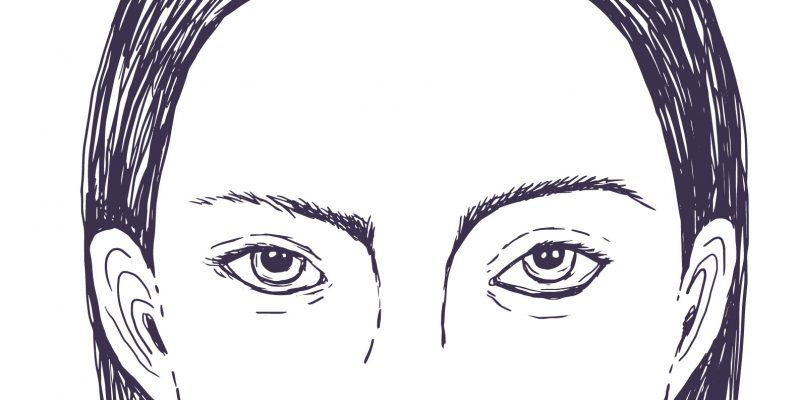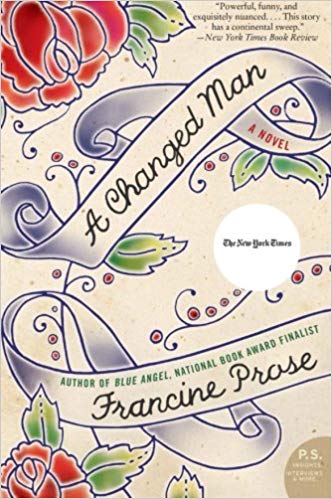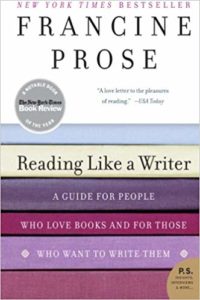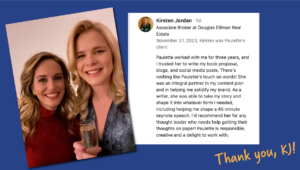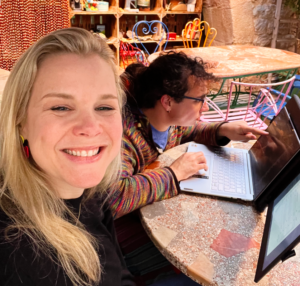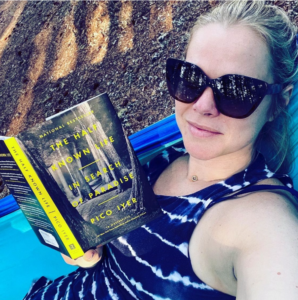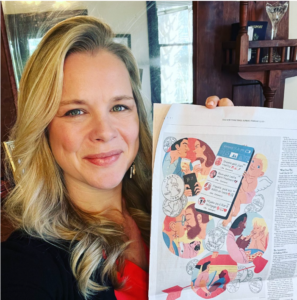
There’s a style of third-person in fiction that frees up your narrator to let the characters indirectly share their thoughts, without all the clunkiness of “she thought” or “he imagined.”
It’s called “free indirect discourse,” though the name of this one makes it sound more complicated than it really is.
Using free indirect discourse, a scene might read, “Bo walked outside under the streetlights and saw Lin. He imagined himself kissing her. She would taste like the beer he’d bought her. They would have to be quick before Zheng butted in.” Those last two sentences are understood to be the thoughts Bo is having, not words from the narrator, so you don’t have to repeat “he thought” in every sentence.
When I read A Changed Man by Francine Prose, I realized she is a master at this. It goes beyond just doing it with a singular character. Her mastery is in having one scene where the thoughts filling in the narrative bounce from character to character. She doesn’t tell the reader who is thinking these thoughts. She just crafts it in a way where we know.
If you’re thinking about writing fiction with a lot of interiority, where we hear the thoughts of your characters, I would definitely recommend A Changed Man to see a great example of this device being applied by a master.
Publisher’s description: What is charismatic Holocaust survivor Meyer Maslow to think when a rough-looking young neo-Nazi named Vincent Nolan walks into the Manhattan office of Maslow’s human rights foundation and declares that he wants to “save guys like me from becoming guys like me”? As Vincent gradually turns into the sort of person who might actually be able to do this, he also transforms those around him: Meyer Maslow, who fears heroism has become a desk job; the foundation’s dedicated fund-raiser, Bonnie Kalen, an appealingly vulnerable divorced single mother; and even Bonnie’s teenage son.
Francine Prose’s A Changed Man is a darkly comic and masterfully inventive novel that poses essential questions about human nature, morality, and the capacity for personal reinvention.
Also by Francine Prose:
Reading Like a Writer
This is one of my favorite books about digesting words in a way that will help you form some beautiful literature later.
Small print: I’m a writer who connects writers with books, programs, and writer toys that make the writing life easier or more fun. As it turns out, people get paid for that. So some of the links I have are affiliate links, which means that, at no cost to you, I get a commission if you click through and buy something. If I recommend something you don’t agree with, just let me know. I stand by everything I suggest as a resource that will help you be the writer you want to be.

